
Hospital Hermetic Sliding Door: Airtight Automatic Solution for Sterile Environments
- By:hqt
- 2025-01-14
- 29
Hospital environments must remain exceptionally clean. Maintaining sterility is crucial to prevent infections. Hermetic sliding doors help achieve these sterile conditions. E-ZONG designs these doors to meet GMP standards and safety requirements. These doors are custom-made, airtight, and automatic. They are suitable for hospital operating rooms, wards, and kindergartens. The doors use high-efficiency brushless DC motors. These motors are small, powerful, quiet, and long-lasting. A high-quality sealing gasket is installed around the door leaf. When the door closes, the gasket fits closely to the door sleeve. This ensures good air tightness. The design prevents air leaks, maintaining a sterile environment.
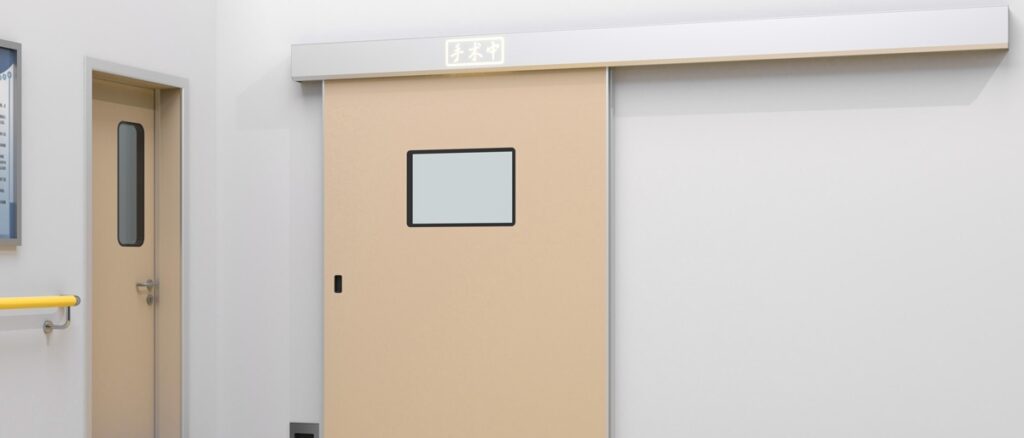
What are Hermetic Sliding Doors?
Definition and Design Features
Hermetic sliding doors are special doors designed to create an airtight seal. They slide open and closed smoothly. These doors are built with high-quality materials. They often include features like automatic operation and strong sealing mechanisms. The design ensures that no air can pass through when the door is closed. This helps keep the environment inside clean and sterile.
How Hermetic Sliding Doors Differ from Standard Sliding Doors
Unlike standard sliding doors, hermetic sliding doors are made to be airtight. Standard doors may allow some air to pass through. Hermetic doors have better sealing gaskets and stronger materials. They also often include automatic sensors to open and close without touch. This reduces the risk of contamination. Standard doors do not usually have these features and are not designed to maintain sterile conditions.
Importance of Airtight Seals in Hospital Settings
Airtight seals are crucial in hospitals. They prevent the spread of germs and contaminants. In areas like operating rooms and isolation rooms, maintaining a sterile environment is essential. Airtight seals help control the airflow and keep harmful particles from entering. This protects both patients and medical staff from infections. Without airtight seals, it would be difficult to maintain the high standards of cleanliness required in hospitals.
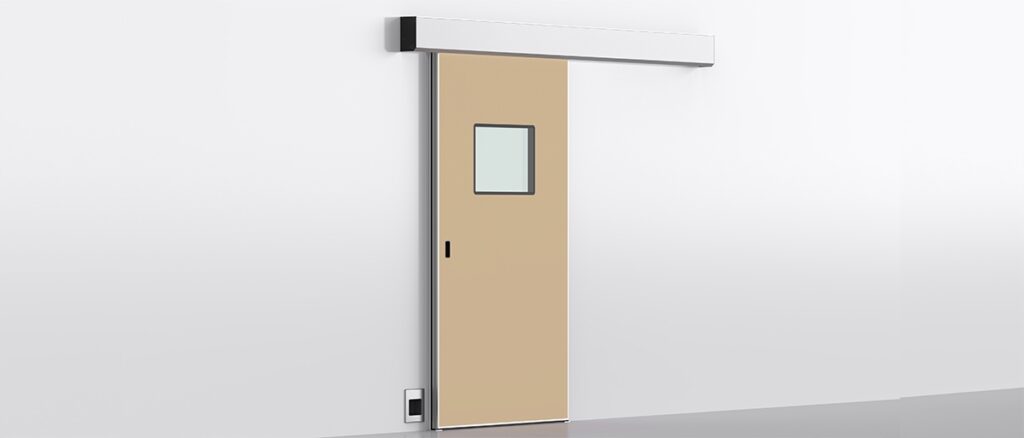
Key Features of Hospital Hermetic Sliding Doors
Airtightness
Airtightness is a key feature of hermetic sliding doors. These doors ensure that no unwanted air can enter the room. This prevents contamination from outside sources. The panels used are typically colored GI panels, SUS panels, or HPL. The wall thickness of these doors is usually 50 millimeters or more. This thickness helps maintain the door's strength and airtightness.
Automatic Operation
Hermetic sliding doors often operate automatically. They use touchless or sensor-based systems. This means that users do not need to touch the door to open or close it. Automatic operation is more hygienic. It reduces the risk of spreading germs. In busy hospital settings, automatic doors provide convenient and safe access.
Sealing Mechanisms
The sealing mechanisms in hermetic sliding doors can be soft or hard. Soft seals are made from flexible materials that create a tight fit around the door. Hard seals use rigid components to block airflow. Both types achieve high levels of airtightness. The doors may also have different types of locks. Common locks include hidden handles and SUS handles. These locks ensure that the door remains securely closed, maintaining the sterile environment.
Noise Reduction
Noise reduction is another important feature of hermetic sliding doors. Hospitals have many noise-sensitive areas, such as patient rooms and ICUs. Soundproofing features help keep these areas quiet. This creates a more comfortable environment for patients. Reducing noise also helps medical staff work more efficiently without distractions. Hermetic sliding doors are designed to minimize noise when they open and close.
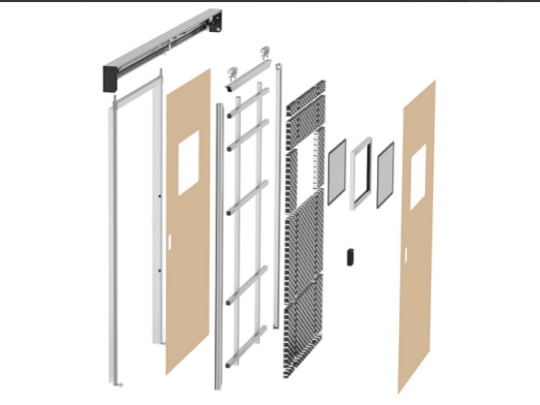
Applications in Hospitals and Medical Facilities
Operating Rooms
Hermetic sliding doors are essential in operating rooms. They help maintain a sterile environment during surgeries. The airtight seals prevent germs from entering the operating area. This reduces the risk of infections and ensures patient safety.
Isolation Rooms
Isolation rooms require strict control of airflow to contain infectious diseases. Hermetic sliding doors are used to ensure that no contaminated air escapes. This protects other patients and staff from exposure to harmful pathogens.
Sterile Storage Areas
Sterile storage areas hold medical supplies and equipment. Hermetic sliding doors keep these areas clean and free from contamination. This ensures that the supplies remain safe to use when needed.
Laboratories and Cleanrooms
Laboratories and cleanrooms require highly controlled environments. Hermetic sliding doors help maintain the necessary conditions by preventing outside air from entering. This ensures accurate and reliable results in medical research and testing.
Intensive Care Units (ICUs)
ICUs care for the most vulnerable patients. Hermetic sliding doors help protect these patients from infections. The airtight seals maintain a safe and sterile environment, which is crucial for patient recovery.
Benefits of Hermetic Sliding Doors in Sterile Environments
Infection Control
Hermetic sliding doors play a vital role in infection control. They minimize the spread of airborne contaminants. This helps keep the hospital environment safe for patients and staff. Reducing airborne germs lowers the risk of hospital-acquired infections.
Enhanced Patient Safety
Protecting vulnerable patients is a top priority in hospitals. Hermetic sliding doors help achieve this by keeping external infections out. This creates a safer environment for patients who are recovering or have weakened immune systems.
Energy Efficiency
Hermetic sliding doors are more energy-efficient than traditional doors. They provide better insulation, which helps maintain the desired temperature inside the room. This reduces the need for heating and cooling, saving energy and lowering utility costs.
Compliance with Health Standards
Hospitals must meet strict health standards and safety regulations. Hermetic sliding doors help hospitals comply with these requirements. They ensure that the facility maintains the necessary levels of hygiene and safety. This is important for accreditation and the overall quality of care provided.
Final Thoughts
Hospital hermetic sliding doors are important for keeping environments clean. They help stop infections from spreading. These doors are automatic and do not need to be touched, which keeps them hygienic. They seal tightly to keep out germs and maintain a safe area for patients and staff. Hermetic sliding doors also save energy by keeping rooms at the right temperature. They meet health standards, ensuring hospitals stay safe and clean. By using these doors, hospitals can improve patient care and safety. Upgrade your hospital with hermetic sliding doors today. Protect your patients and staff by choosing the best doors for a sterile environment. Make a smart choice for your medical facility and enhance its safety and efficiency now.
-
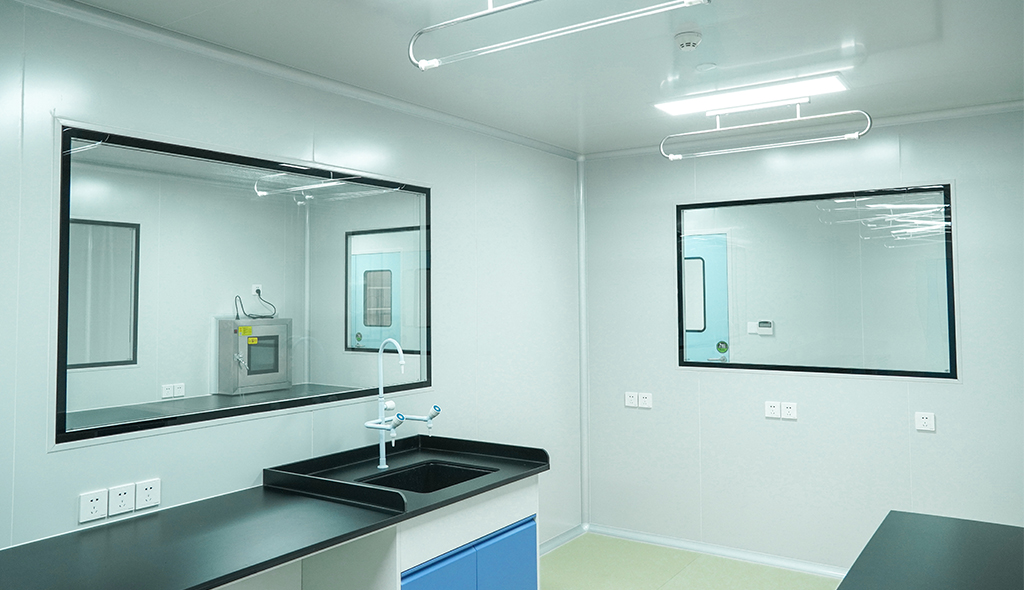 Cleanroom Glass Windows Are The Key to Maintaining a Clean Environment
Cleanroom Glass Windows Are The Key to Maintaining a Clean Environment -
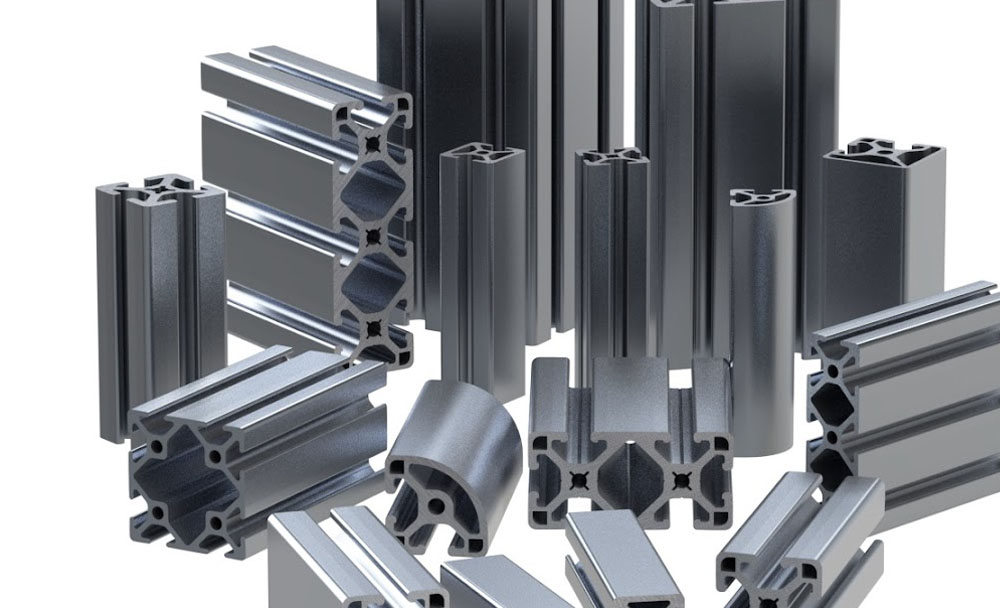 Top Aluminium Profile Manufacturers in China: Leading the Global Market
Top Aluminium Profile Manufacturers in China: Leading the Global Market -
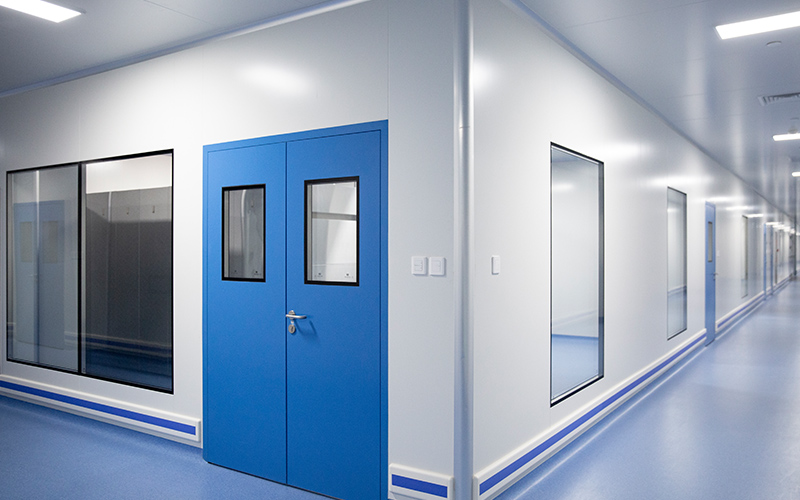 The Evolution of Air Tight Sliding Doors
The Evolution of Air Tight Sliding Doors -
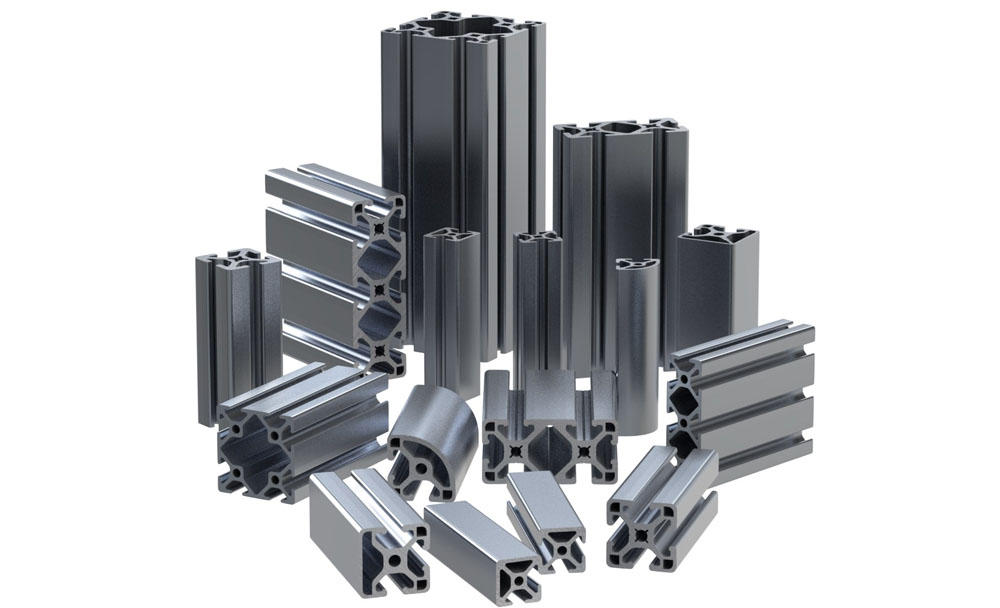 AHU Aluminium Profile: A Comprehensive Guide
AHU Aluminium Profile: A Comprehensive Guide -
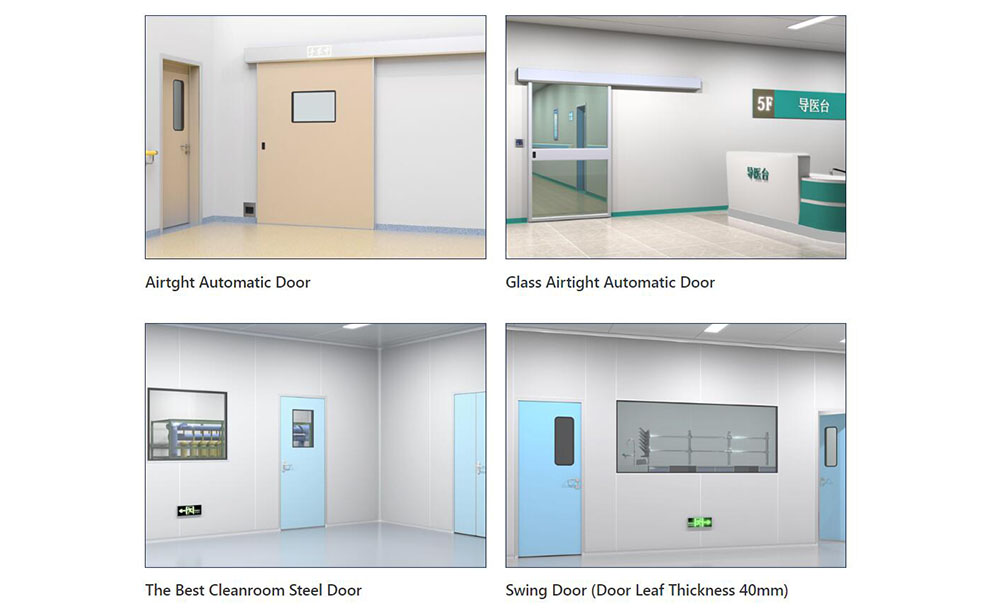 The Importance of Choosing the Right Cleanroom Door in Vietnam
The Importance of Choosing the Right Cleanroom Door in Vietnam -
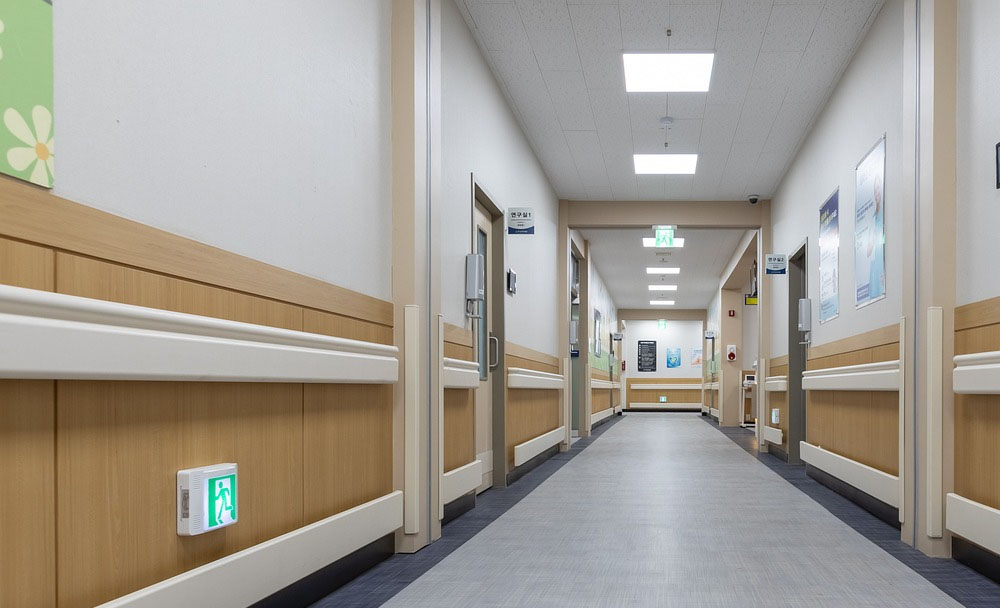 The Benefits of Hospital Automatic Doors: Enhancing Efficiency and Safety
The Benefits of Hospital Automatic Doors: Enhancing Efficiency and Safety -
.jpg) The Best Bathroom Door Manufacturers - Unlocking Endless Possibilities!
The Best Bathroom Door Manufacturers - Unlocking Endless Possibilities! -
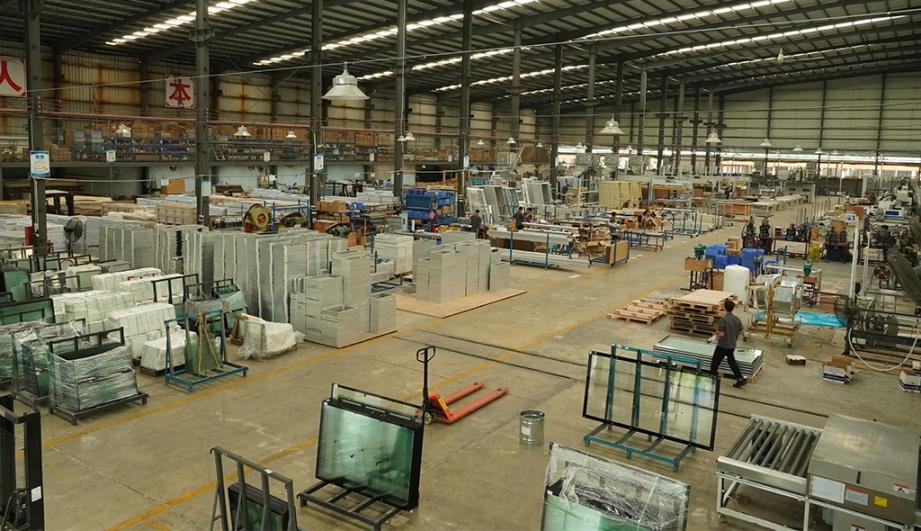 Unlock the Possibilities with AJ Manufacturing Doors
Unlock the Possibilities with AJ Manufacturing Doors -
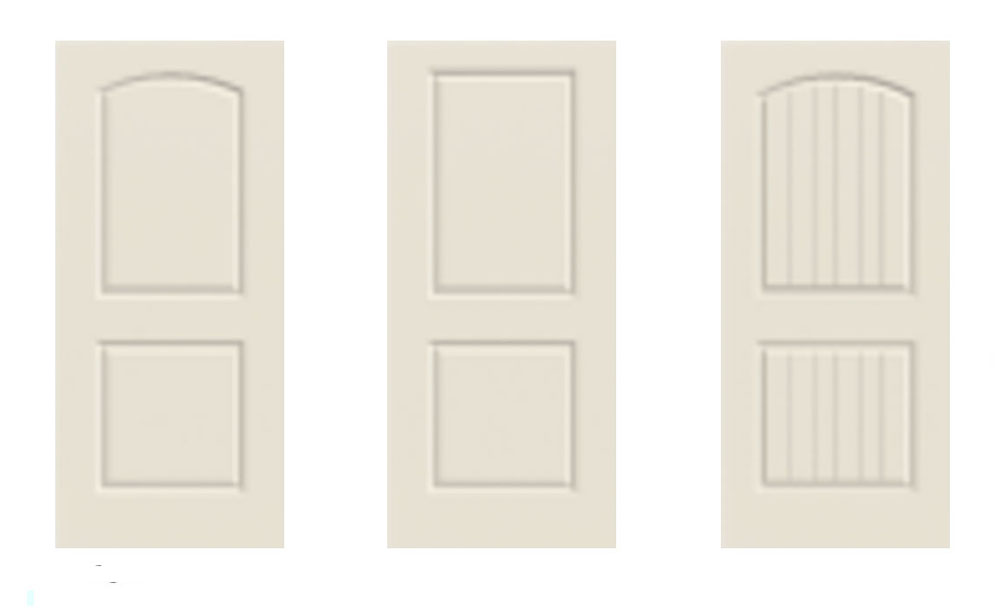 Make a Statement with Manufactured Home Interior Doors!
Make a Statement with Manufactured Home Interior Doors! -
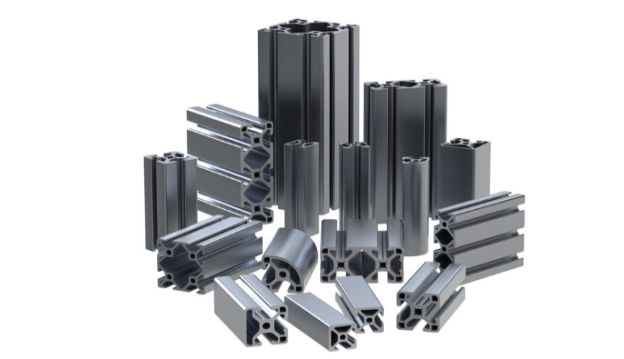 what is aluminum profile? Aluminum Profiles for Your Home is the best option
what is aluminum profile? Aluminum Profiles for Your Home is the best option
-
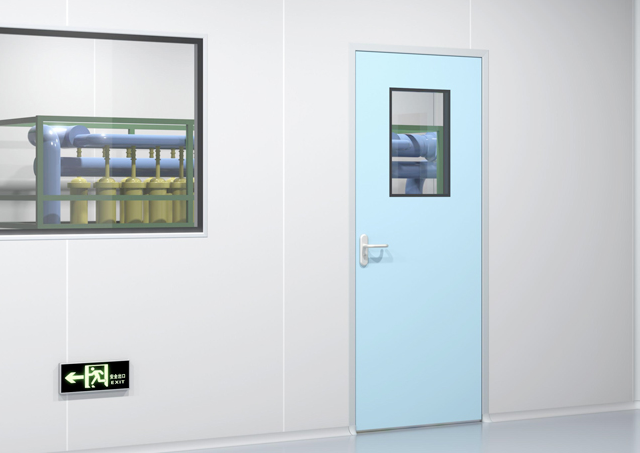 Next-Gen Medical Cleanroom Access: Introducing the Cleanroom Steel Door Solution
Next-Gen Medical Cleanroom Access: Introducing the Cleanroom Steel Door Solution -
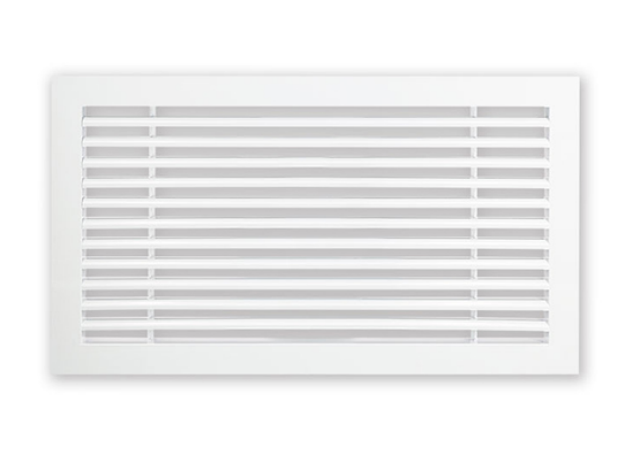 Linear Bar Grille Air Conditioning Diffuser with 0° Angle Blades for Perfect Airflow
Linear Bar Grille Air Conditioning Diffuser with 0° Angle Blades for Perfect Airflow -
 The Sleek and Efficient Linear Slot Diffuser for Air Vent
The Sleek and Efficient Linear Slot Diffuser for Air Vent -
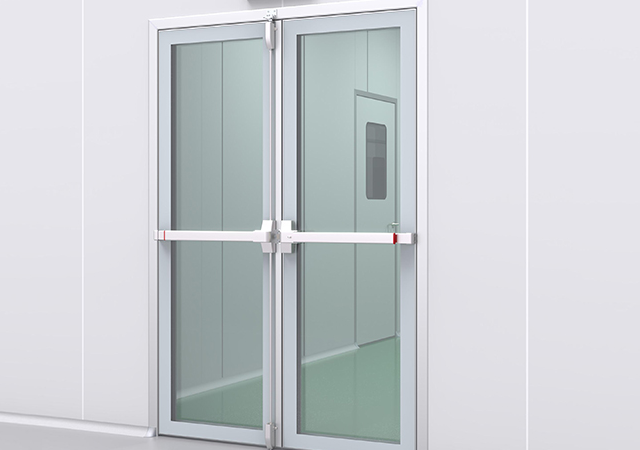 Double-Swing Glass Doors - Modern Laboratory Cleanroom Doors
Double-Swing Glass Doors - Modern Laboratory Cleanroom Doors -
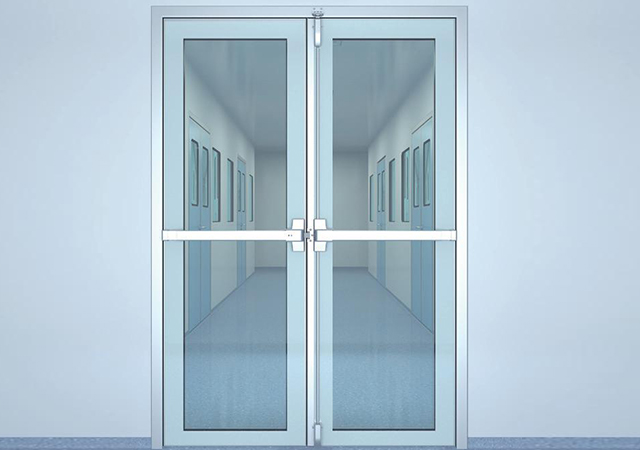 Superior Aluminium Glass Swing Door - Pharmaceutical Cleanroom Door
Superior Aluminium Glass Swing Door - Pharmaceutical Cleanroom Door -
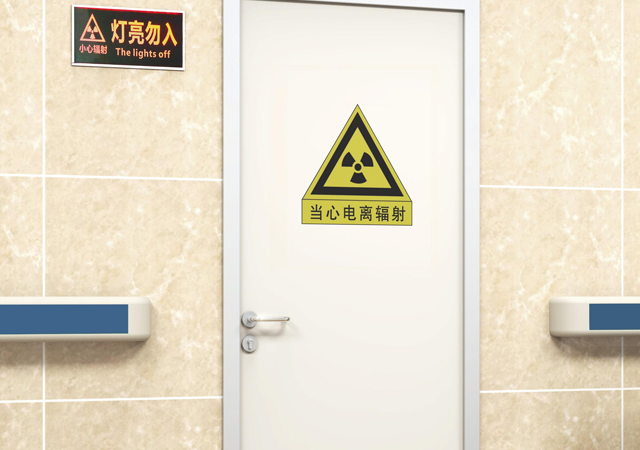 E-ZONG Leads the Way in China's Medical Lead Protection Doors: Innovation for Safety and Efficiency
E-ZONG Leads the Way in China's Medical Lead Protection Doors: Innovation for Safety and Efficiency -
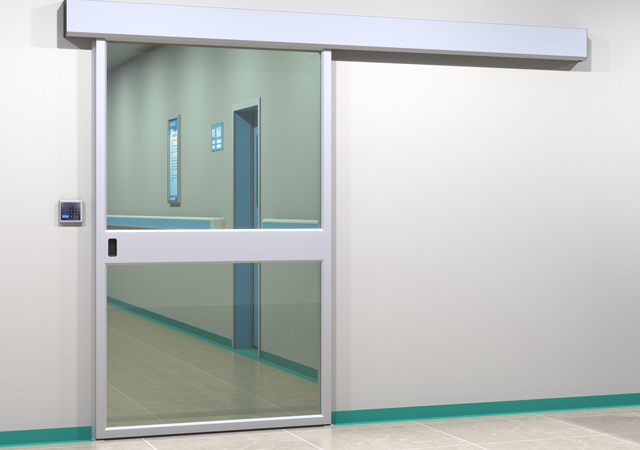 E-ZONG: Leading the Suppliers of Glass Airtight Automatic Doors for Safer, Cleaner Spaces
E-ZONG: Leading the Suppliers of Glass Airtight Automatic Doors for Safer, Cleaner Spaces -
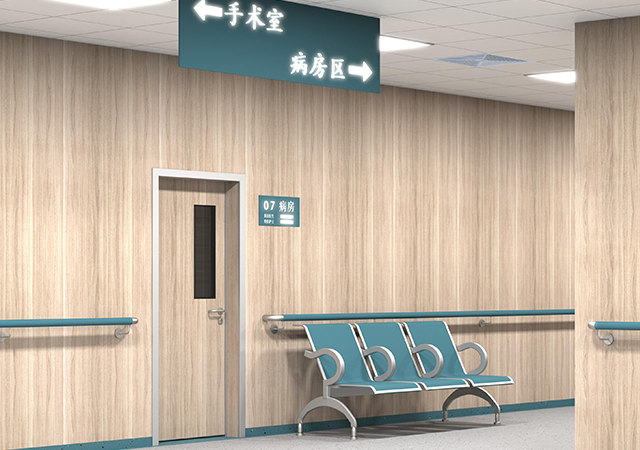 How Wall Air-Tight Swing Doors Ensure Clean Environments With Secure & Silent
How Wall Air-Tight Swing Doors Ensure Clean Environments With Secure & Silent -
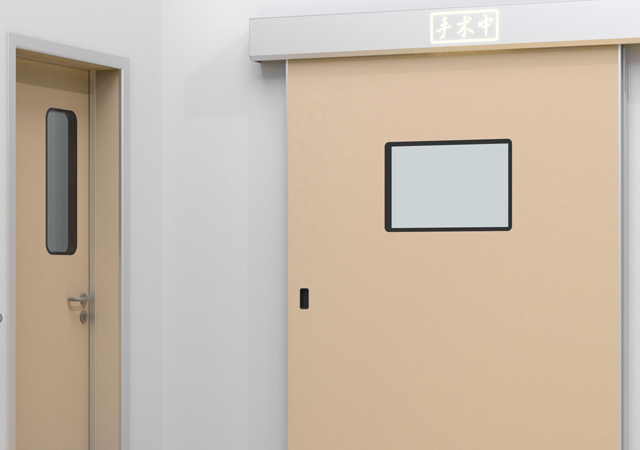 Seamless Automatic Cleanroom Sliding Doors: Smooth, Safe, and Hygienic Solutions
Seamless Automatic Cleanroom Sliding Doors: Smooth, Safe, and Hygienic Solutions -
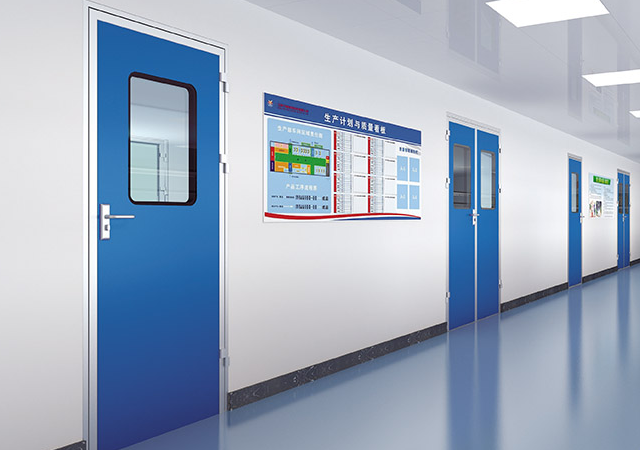 Elegant & Durable: Premium Swing Door Protection for Hospitals
Elegant & Durable: Premium Swing Door Protection for Hospitals

Guangzhou Yizhong Aluminum Industry Co., Ltd.
We are always providing our customers with reliable products and considerate services.
We are always providing our customers with reliable products and considerate services.
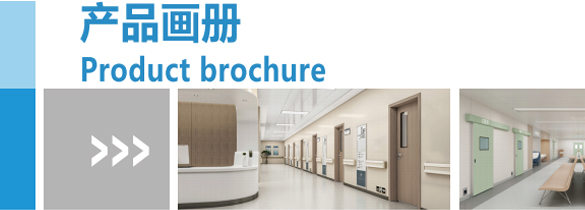









Speak Your Mind